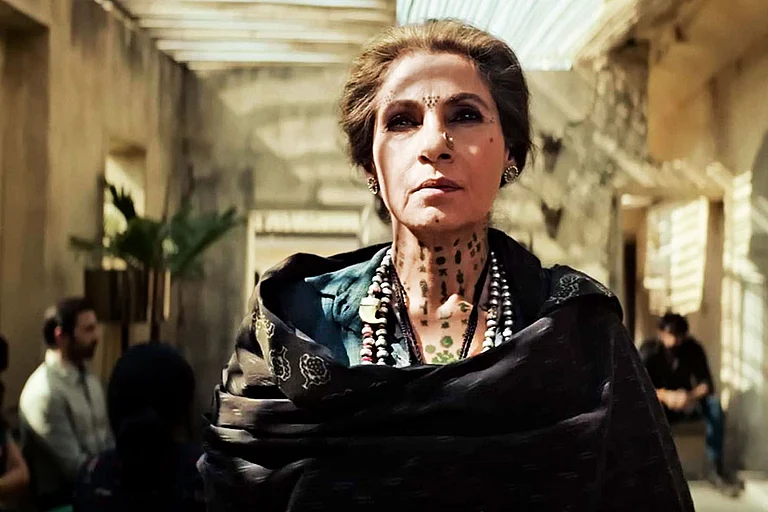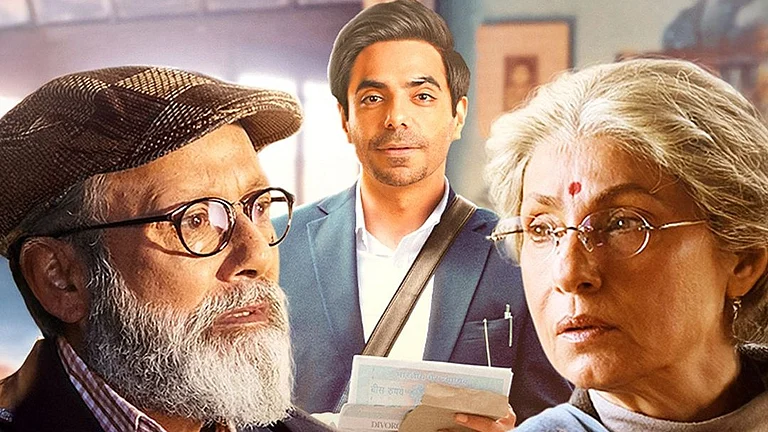After seven months under lockdown, Kashmir is now witness to new political moves by the Centre coming at break-neck speed. First came external affairs minister S. Jaishankar’s surprise visit on March 9, when he assured relatives of people, including students, stranded in Iran that their kin will be airlifted. Though he didn’t meet any political leader, the visit was widely seen as a political one. Then, the J&K government decided not to extend MP and former CM Dr Farooq Abdullah’s detention under the Public Safety Act, thereby allowing his release on March 13 after seven months of incarceration.
“In the political environment that exists now, withdrawal of Farooq’s detention order would not have been without the assurance that he is not going to be too critical of government and its actions,” says Prof Rekha Chowdhary, former head of the political science department at Jammu University. After his release, Farooq talked only about detentions.

A day later, PM Narendra Modi met a 24-member delegation from the newly floated Apni Party led by Altaf Bukhari, a businessman-turned-politician, in New Delhi. In an interactive session, Modi engaged with the delegation on various concerns regarding demographic change, delimitation exercise and statehood. Referring to his statement in Parliament, the PM said the government will work with all sections of the population to realise their hopes of statehood at an early opportunity. Bukhari described August 5, 2019, as a watershed moment in J&K’s history. The delegation also met Union home minister Amit Shah, who tried to allay fears of demographic change in Kashmir, and also assured an early return of statehood. After the meeting, Bukhari said the home minister made it clear that there was no question of any demographic change.
Meanwhile, a Terrorist and Disruptive Activities Act court framed charges against Jammu and Kashmir Liberation Front (JKLF) chairman Yasin Malik in a 30-year-old case of a militant attack in which four Indian Air Force officials were killed in Srinagar. Malik refused to take any defence lawyer, pleaded “not guilty” and stated that it was a fabricated case. The CBI had filed its first chargesheet in the case in 1990, but a prolonged stay was granted on the trial. It is believed that the then central government decided against pursuing the case immediately after the JKLF declared a ceasefire in 1994 and disarmed itself, turning into an unarmed political organisation. Malik decided to follow the Gandhian way of politics in Kashmir and began to be considered a peacenik.
The reasons behind measures such as Farooq’s release and the framing of charges against Malik are not yet clear. But the former CM’s silence since his release over the abrogation of Article 370 and meetings of the PM and home minister with Apni Party indicate that the government won’t extend any olive branch to the Abdullahs of the National Conference and the Muftis of the PDP.
Local observers feel Farooq’s release is part of a larger Kashmir gambit of the Centre and the move would have been unlikely if he was expected to start opposing the Modi government on Article 370. Everyone is awaiting the BJP’s next move.
By Naseer Ganai in Srinagar


























